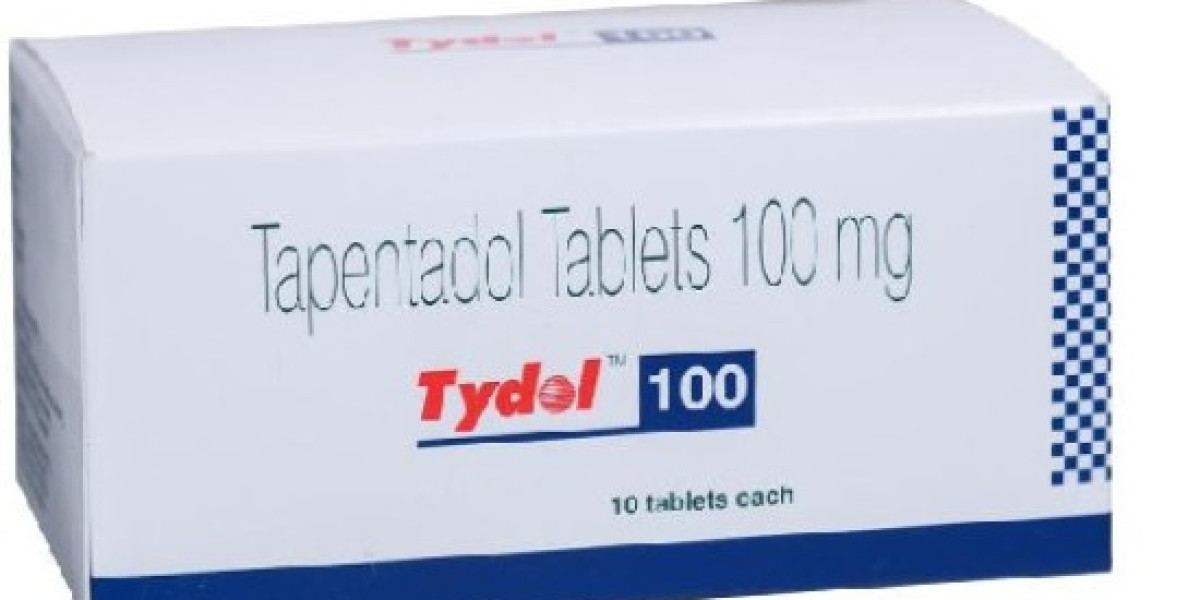Managing moderate to severe pain can be challenging, especially when over-the-counter medications don’t provide sufficient relief. For patients suffering from chronic conditions, post-surgical pain, or intense injury-related discomfort, Tydol 100mg offers a potent solution. This blog explores what Tydol 100mg is, how it works, its uses, side effects, and important safety information you should know.
What is Tydol 100mg?
Tydol 100mg is a prescription medication containing Tapentadol, a powerful opioid analgesic. It is specifically formulated to provide effective relief from moderate to severe pain. Unlike some traditional opioids, Tydol works through a dual mechanism: it activates opioid receptors in the brain to reduce pain perception and also inhibits the reuptake of norepinephrine, a neurotransmitter involved in pain regulation.
How Does Tydol 100mg Work?
Tydol’s unique combination of actions means it not only dampens pain signals but also enhances the body’s natural pain control pathways. This dual action can make it more effective for certain types of pain, including both nociceptive pain (caused by tissue damage) and neuropathic pain (caused by nerve damage).
The 100mg dose is often available in an extended-release tablet, allowing for steady and prolonged pain control throughout the day. This helps patients maintain consistent pain relief without needing frequent doses.
What Conditions Is Tydol 100mg Used For?
Chronic pain: Conditions like arthritis, lower back pain, and other long-term musculoskeletal issues.
Post-operative pain: After surgeries where strong pain management is required.
Neuropathic pain: Such as diabetic neuropathy or nerve injuries.
Injury-related pain: Severe pain following trauma or accidents.
How to Take Tydol 100mg
Always take Tydol exactly as prescribed by your healthcare provider.
Do not crush or chew extended-release tablets; swallow them whole.
Typically taken twice daily for continuous pain control.
Avoid alcohol and other sedatives while on Tydol, as these can increase side effects.
Possible Side Effects
Like all opioids, Tydol 100mg can cause side effects. Common ones include:
Nausea and vomiting
Drowsiness or dizziness
Constipation
Headache
More serious risks involve respiratory depression (slowed breathing), potential for addiction, and withdrawal symptoms if the medication is stopped suddenly.
Important Safety Tips
Tydol should be used only under strict medical supervision.
Inform your doctor about any history of substance abuse or respiratory issues.
Avoid driving or operating heavy machinery until you know how Tydol affects you.
Do not stop taking Tydol abruptly; consult your doctor for a proper tapering plan.
Final Thoughts
Tydol 100mg is a valuable medication for patients needing strong, consistent pain relief. Its dual-action mechanism offers an advantage over some other opioids, but it carries the typical risks associated with opioid use. Always follow your healthcare provider’s guidance and report any concerning side effects immediately.








